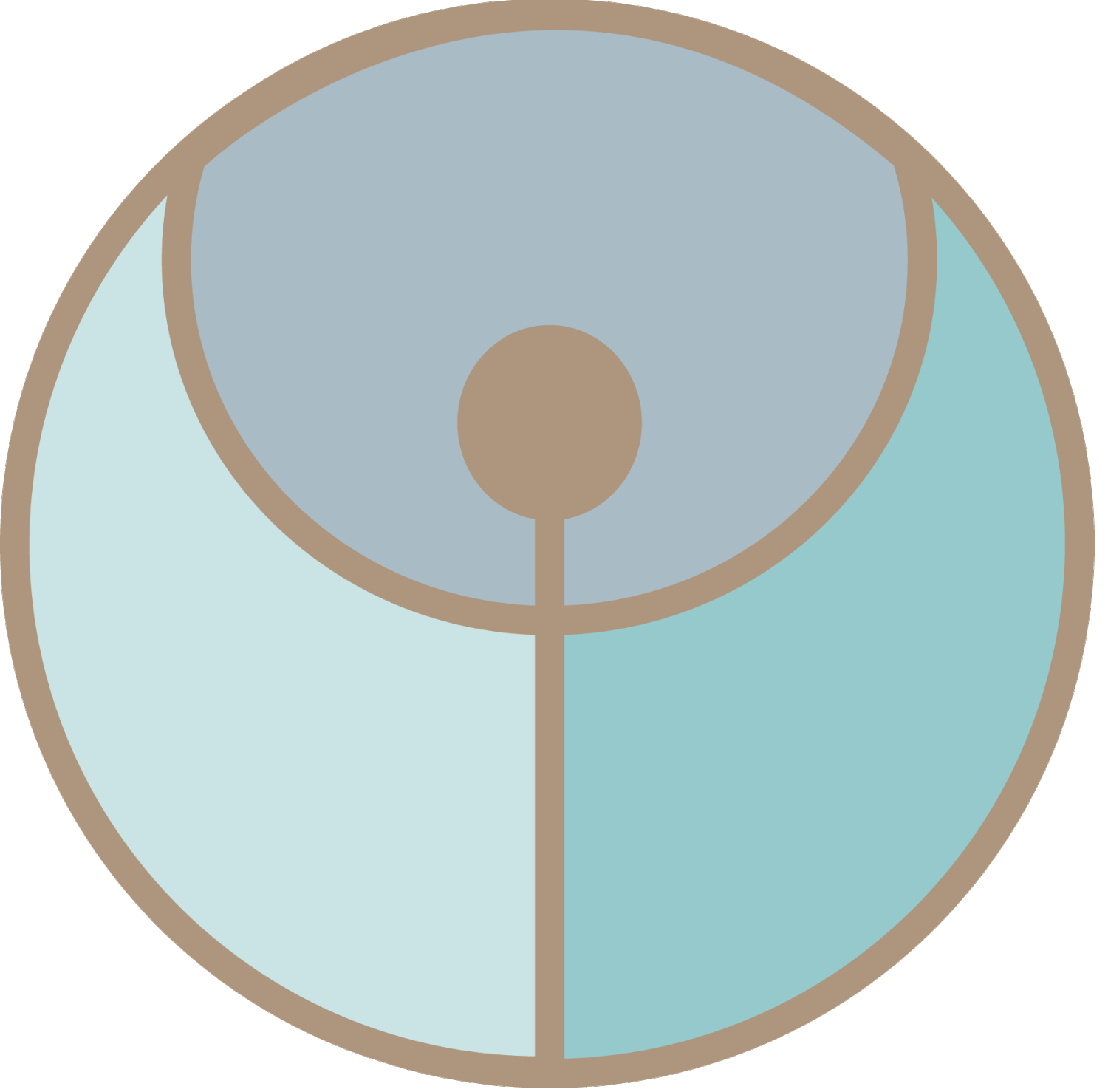Benefits of a plant-based diet for women in their
Our 40s is a time when we often start to think more seriously about our health. Maybe perimenopause is the driving force, or we’ve had a less than ideal annual check- up. More women are considering cutting down their meat consumption or going plant-based as a way to improve their health. Considering a plant-based diet emphasises whole foods, there are several benefits to adding more plants to your diet.
Reduced risk of chronic diseases
Plant-based diets have been linked to a reduced risk of chronic diseases such as heart disease, type 2 diabetes, and some types of cancer. This is because plant-based foods are generally low in saturated fat, high in fibre, and rich in nutrients that promote good health and reduces oxidative stress. A plant-based diet also recommends including a wide variety of plants of different colours which means you’re getting a wide range of nutrients.
Improved bone health
As women get older, their risk of developing osteoporosis increases. Plant-based diets can help improve bone health by providing a variety of nutrients that are important for maintaining healthy bones. The nutrients include calcium, magnesium, potassium, and vitamin K.
Phytoestrogens
During our 40s, many of us will start perimenopause. Our hormones will start to fluctuate and can cause symptoms such as hot flashes. Oestrogen starts to get lower and a great way to counterbalance that is by including phytoestrogen containing foods in our diet. Think soy. While phytoestrogens aren’t oestrogen (an important difference to note), they can have oestrogen-like effects in our bodies and help when our own oestrogen is getting lower.
Some women might be apprehensive including phytoestrogen containing food in their diet for health reasons. If you have a soy allergy, you definitely don’t want to include it. Some women are worried about breast cancer, but recent studies have shown that soy actually protects against breast cancer and that there is no additional cancer risk associated with a moderate soy intake.
Improved gut health
A plant-based diet can improve gut health by promoting the growth of beneficial gut bacteria. This is because plant-based foods are high in fibre, which feeds the good bacteria in our gut. Eating a wide range of different plants improves gut microbe diversity.
A healthy gut microbiome is important for overall health, including immune function and mental health.
As we can see, adding more plants to our diets or switching to a plant-based diet can be beneficial for our health. It’s important to remember that any diet changes need to be done gradually. If you start to include a lot of plants in your diet where before you haven’t eaten many fruits or veggies, you might end up with some gastrointestinal upsets. You want to increase your amount slowly each week as a lot of fibre all of a sudden can be too if our digestive system isn’t used to it. You might also need to supplements with a vitamin B12 spray if going completely plant-based. Chat to a qualified nutritionist if you’re thinking of switching to a plant-based diet or if you’re thinking of adding more plants to your plate.
